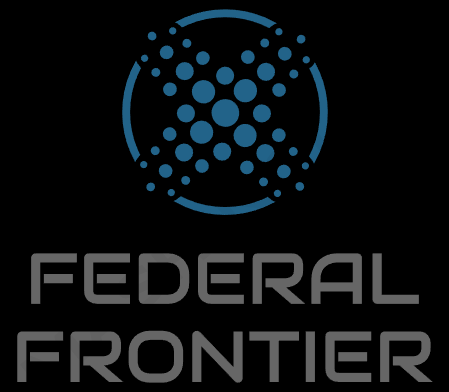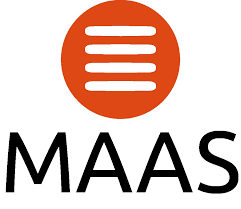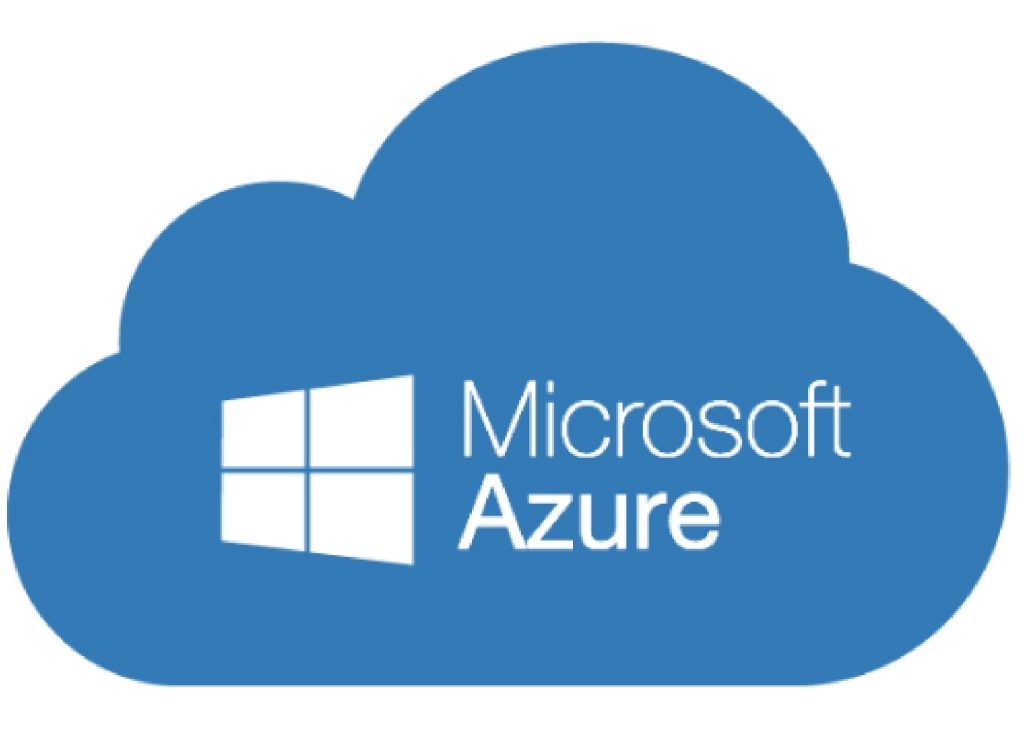FMC of Federal Frontier Kubernetes Platform (FKP)
Frontier Management Cluster (FMC)
What is FMC?
As part of FKP, we have FMC acting as the management cluster for Frontier Cluster API (CAPI) services. This will enable administrators to have capabilities to effectively deploy and manage workload clusters within your organization. Regardless of what interface is used for FKP, whether it is Frontier CLI or the upcoming graphical user-interface (GUI) application Frontier Outpost, each employee will be able to make any neccessary changes to their workload clusters from the organization’s FMC.
Security
OAuth 2.0 is an authorization framework that enables the Frontier applications to obtain limited access to user accounts on an HTTP service. The OAuth 2.0 protocol provides API security through scoped JWT access tokens. Frontier CAPI management services will validate and accept these JWT access tokens to enable authentication and authorization inside of your FMC without the need of sharing the management cluster’s kubeconfig. To learn more about security implementation within Frontier services, visit this link.
CAPI Providers
With the management of clusters, administrators can deploy on a variety of different providers pending on cost and performance. At this time, FKP supports up to 3 different infrastructure providers. These providers are Metal-as-a-Service (MAAS), Amazon Web Services (AWS), and Microsoft Azure. All administrators will be able to build and deploy clusters with a large selection of customized configurations to their liking through each of these providers.
MAAS
FKP utilizes MAAS to maintain, manage, and deploy virtual machines on physical servers. These physical servers can have AMD64 or ARM64 architecture. Consumers can use ARM64 hardware to create their own virtual machines on physical servers with goals of having energy and cost-efficiency, but can still use it on AMD64 hardware if needed.
AWS
FKP utilizes AWS to maintain, manage, and deploy workload clusters using Amazon Elastic Compute Cloud (EC2) instances through the FMC. These instances can have AMD64 or ARM64 architecture and can be ran by Ubuntu Amazon Machine Images (AMI). Consumers will be able to choose through a large variety of different instance types that can affect performance and cost in the cloud without the need of maintaining physical hardware.
Azure
Eupraxia Labs utilizes Azure to maintain, manage, and deploy workload clusters using Microsoft Azure virtual machines through the FMC. Consumers will be able to choose through a large variety of different virtual machine sizes running on Ubuntu operating systems that can affect performance and cost in the cloud without the need of maintaining physical hardware.



